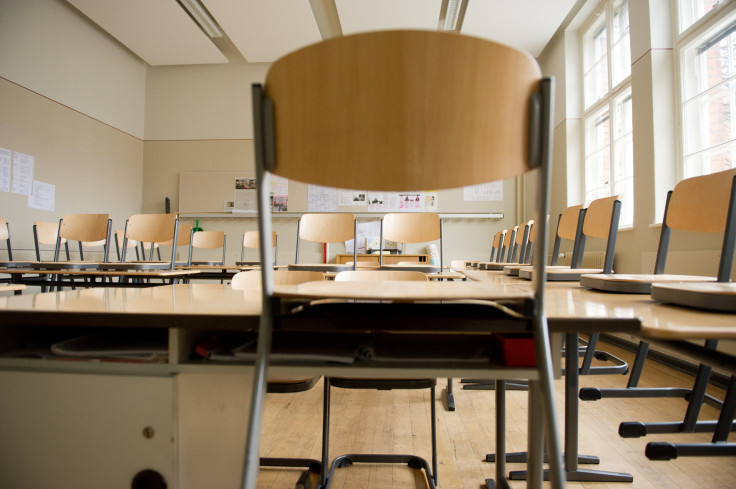Standing Whilst In Class Can Improve Academic Performance, Childhood Obesity

Researchers discovered that standing in class may result in better academic performance compared with sitting it out during the entire lecture. Students were found to be more engaged when using standing desks by up to seven minutes or more.
The study, published in the International Journal of Health Promotion and Education, was conducted by a group of researchers from the Texas A&M Health Science Center School of Public Health by reviewing the data of approximately 300 children in the second and fourth grades. The participants were monitored for one school year to gauge their academic engagement in terms of on- and off-task behaviours. On-task behaviours include reciting in class, raising a hand or answering a question while an off-task behaviours include talking out of turn.
Originally, Mark Benden, Ph.D., CPE, an associate professor at the Texas A&M Health Science Center School of Public Health, wanted to see the impact of standing or stand-biased desks to childhood obesity and spinal pressure. It was found that aside from reducing obesity and improving posture, the children also showed interesting promise to classroom engagement due to low-level increase in physical activity. The findings of the first study demonstrated that children who used the standing desks lost 15 per cent more calories compared to those seated in traditional desks.
"Standing up during class enables students to concentrate on the tasks at hand and be more engaged due to the break in monotony and significant decline in disruptive behaviours," Bended commented. "Considerable research indicates that academic behavioral engagement is the most important contributor to student achievement. Simply put, we think better on our feet than in our seat."
In the end, the research team said that implementing standing workstations in classrooms may not only reduce the incidence of obesity but also promote cognitive improvement as well. If enforced, school districts may expect two of the most important childhood issues to be addressed efficiently.
To contact the writer, email rinadoctor00@gmail.com.





















